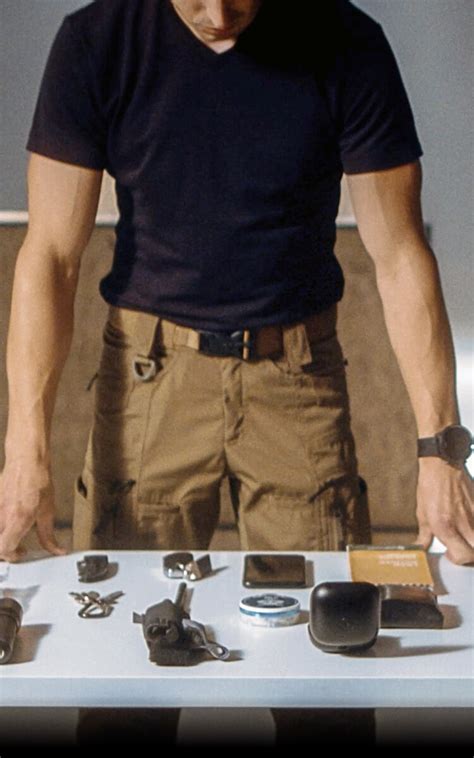Streamline EDC for peak daily productivity and readiness?
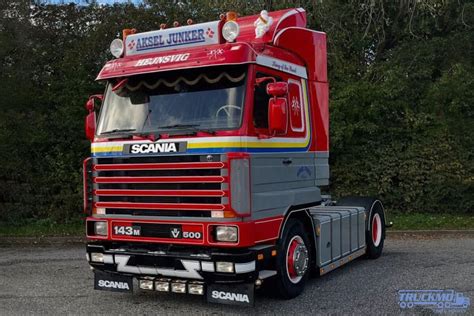
Why Streamline Your Everyday Carry (EDC)?
In a world of constant demands and unpredictable challenges, what you carry every day plays a crucial role in how effectively you navigate your life. Your Everyday Carry (EDC) encompasses the essential items you consistently have on your person or within easy reach. Far from just a collection of cool gadgets, a thoughtfully curated EDC is a powerful tool for boosting productivity, ensuring readiness, and reducing daily friction.
Many of us accumulate items over time, often without a clear purpose. This leads to a cluttered bag, missed opportunities to use valuable tools, and even a psychological burden. Streamlining your EDC isn’t about deprivation; it’s about intentionality – choosing what truly serves you and eliminating what doesn’t.
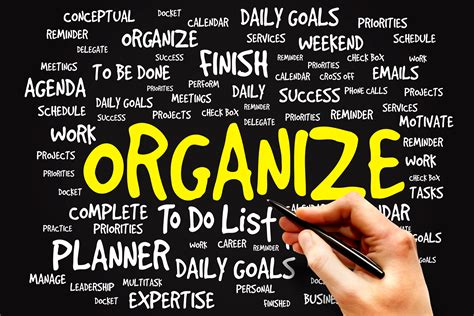
The Core Principles of an Optimized EDC
1. Intentionality Over Accumulation
Every item in your EDC should have a clear purpose. Before adding something new, ask yourself: “What problem does this solve? How often will I use it? Is there a lighter, smaller, or multi-functional alternative?” This mindset prevents unnecessary bulk and ensures every piece earns its place.
2. Multi-functionality is Key
Prioritize items that serve more than one purpose. A pen that doubles as a tactical tool, a multi-tool with various implements, or a smartphone that acts as a camera, flashlight, and communication device are prime examples. This approach significantly reduces the total number of items you need to carry.

3. Quality Over Quantity
Investing in durable, reliable gear means fewer replacements and better performance when you need it most. A high-quality flashlight will outlast and outperform a cheap one, just as a sturdy notebook will withstand daily wear and tear better. Good gear often translates to better readiness.
Practical Steps to Streamline Your EDC
1. Audit Your Current Carry
Empty your pockets, bag, and any other daily carry compartments. Lay everything out. For each item, honestly assess its utility and frequency of use. Categorize items into “must-have,” “nice-to-have,” and “rarely used.”
2. Define Your Daily Needs
Consider your typical day. What tasks do you perform? What common problems do you encounter? For example, if you frequently need to jot notes, a reliable pen and small notebook are essential. If you often find yourself needing to open packages, a small knife or box cutter is useful. Tailor your EDC to your specific lifestyle, not generic lists.
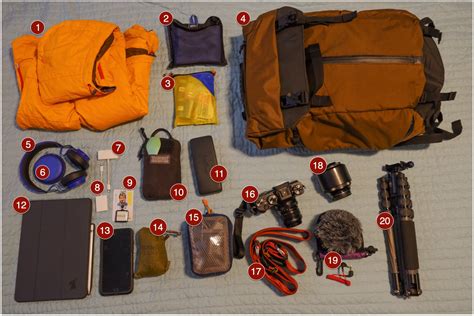
3. Categorize Essential Items
A balanced EDC often covers a few key areas:
- Information/Communication: Smartphone, notebook, pen.
- Tools: Multi-tool, small knife, flashlight.
- Health/Safety: Basic first-aid, personal defense item (if legal and trained), medications.
- Financial/Identity: Wallet, ID, cash, cards.
- Comfort/Preparedness: Water bottle, backup battery, small snack.
4. Optimize for Weight and Size
Every gram and millimeter counts. Look for compact versions of your essentials. Does your wallet need to be so bulky? Can you downsize your key chain? Miniaturization can make a significant difference in comfort and ease of carry.
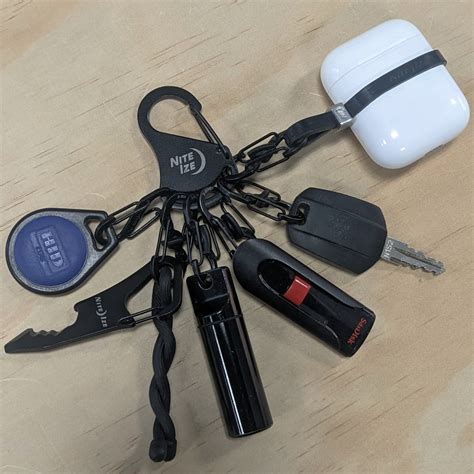
The Benefits of a Streamlined EDC
An optimized EDC isn’t just about carrying less; it’s about achieving more. You’ll experience:
- Increased Productivity: Having the right tool at hand prevents delays and frustration, allowing you to tackle tasks efficiently.
- Enhanced Readiness: You’ll be better prepared for minor emergencies, unexpected repairs, or everyday challenges, reducing stress and increasing confidence.
- Reduced Clutter & Stress: A lighter, more organized carry means less searching, less psychological burden, and a clearer mind.
- Financial Savings: Investing in durable, multi-functional items can prevent impulse purchases of lesser quality gear.
By consciously curating your Everyday Carry, you transform a random assortment of items into a finely tuned system designed to support your daily life, making you more productive, more prepared, and ultimately, more effective.







